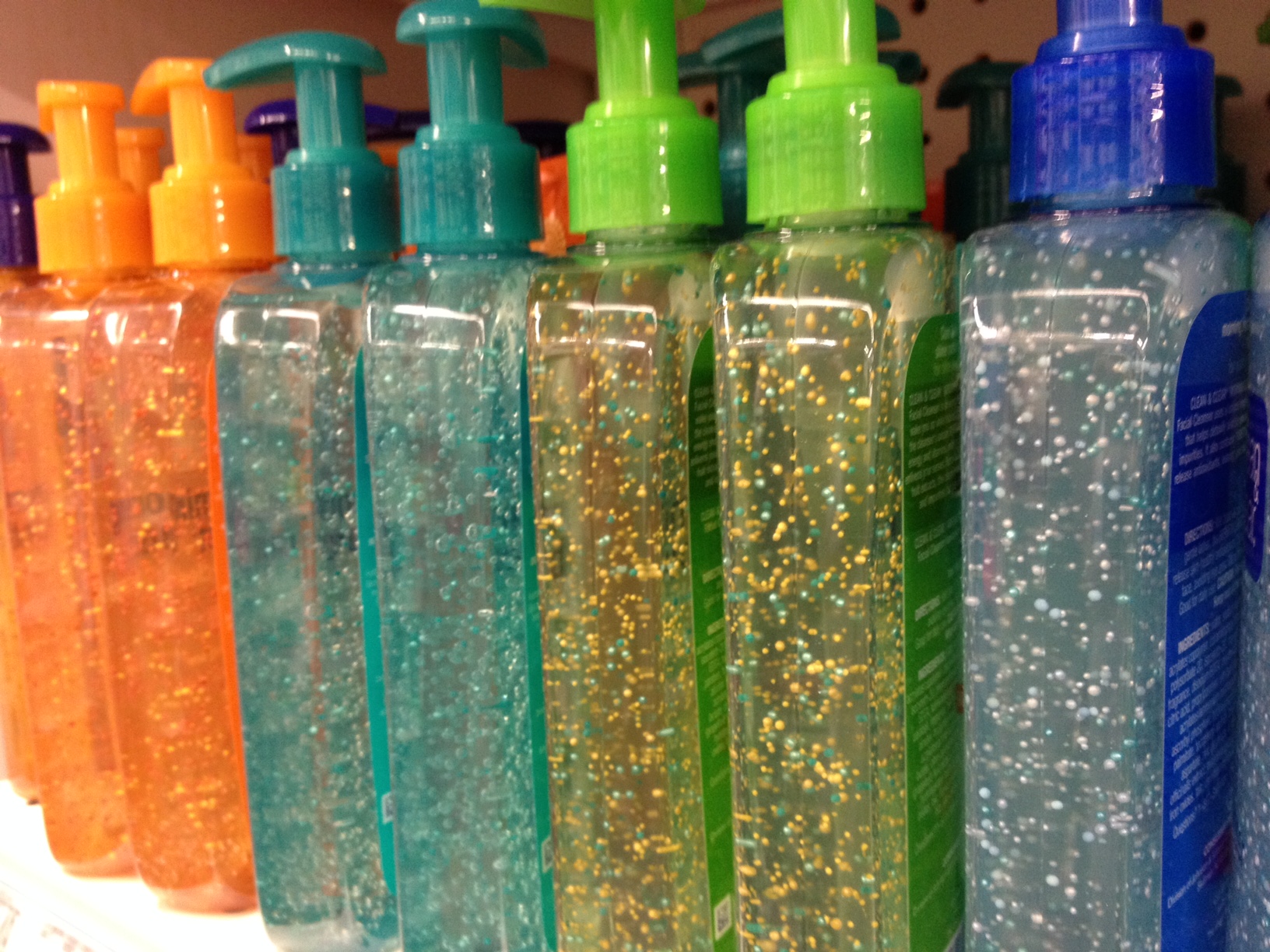
“We now support a ban on microbeads in cosmetics and are working with other EU countries
to get it on the agenda at a European level,” Eustice told MPs on the environment audit committee. “I think it is right to push ahead with a ban.” Eustice wants the UK to leave the EU in the forthcoming referendum but said he was representing the government in front of the committee and praised the benefits of EU action: “It is better to progress this at an EU level and get others to do the same.”
Microbeads are widely used in toiletries and cosmetics but thousands of tonnes wash into the sea every year, where they harm wildlife and can ultimately be eaten by people. A petition signed by more than 300,000 people asking for a ban was delivered to David Cameron last week.
Eustice said that if the EU did not go forward with a ban, the UK would introduce a national ban on the use of microbeads in manufacturing. But, if the UK remained in the EU, it would not be able to ban the sale of microbeads because the EU sets trade rules.
Last week, cosmetic trade bodies appeared before the same MPs and argued against a ban and in favour of a voluntary phase out in the EU by 2020. But the MPs attacked loopholes in the voluntary action and the lack of clear labelling that products contain plastic microbeads. Rebecca Pow MP asked Eustice on Tuesday if such labelling should be put in place now, as the ingredients lists are in tiny print. “You need an electron microscope to read the writing,” But Eustice said it would be quicker and more effective to put a ban in place.
“There is widespread support from EU member states,” said Eustice, naming the Netherlands, France, Belgium and Austria. “If things go well it is quite possible you could have a ban in place during 2017.” He added there would need to be a transitional period, with manufacturing of microbeads ending about 18 months after the law was passed and sales shortly after, meaning microbead products could continue to be sold for a time.
“I don’t think we are being too nice [to the industry] - we have moved quite quickly,” he said.
“Whenever you make a change in the law, you have to have transitional arrangements.” He said
he thought the costs to industry of such a ban “would not be that high”.
Jennifer Lonsdale, director of the Environmental Investigation Agency, said: “Flushing microbeads down the drain presents a major and unnecessary threat to marine biodiversity. We particularly welcome Eustice’s acceptance that the issue is too pressing to leave it to industry self-regulation at this stage.”
Daniel Steadman, from Fauna & Flora International, which produces The Good Scrub Guide, said: “It is vital that the ban avoids the loopholes around definitions and timescales that have limited the industry’s voluntary commitments. [This] will allow consumers to buy UK products safe in the knowledge that they are not polluting the environment.”
Louise Edge, from Greenpeace UK, also welcomed the move: “However it needs underlining that to really tackle this problem a ban needs to cover all consumer products that contain microbeads, not just personal care products.” Eustice said the initial ban would focus on cosmetics, but could be widened later to include their use in other products, like washing powders.
Microbeads are too small to be filtered effectively by sewage treatment plants and flow into the oceans. Plastic pollution in the oceans is a huge problem: 5tn pieces of plastic are floating in the world’s seas. Microbeads, also used in some toothpastes, are a small but significant part of this which both ministers and campaigners agree is the easiest to prevent.
Microbeads are eaten by marine life, which mistake them for food particles, and have been shown to kill fish before they reach reproductive age. The tiny beads can also attract toxins from seawater, which are then passed up the food chain. The beads are thought to be eaten by people consuming seafood and possibly breathed in too. Safe alternatives are already available, including ground nutshells and salt.
Eustice said the hazard posed by airborne microplastics was as yet unknown: “There are big evidence gaps. We don’t know for certain how big a problem this is and how big the health risk is.”
Reference: https://www.theguardian.com/environment/2016/jun/14/nmentbacksmicrobeadsbangeorgeeustice?
CMP=Share_iOSApp_Other 2/2